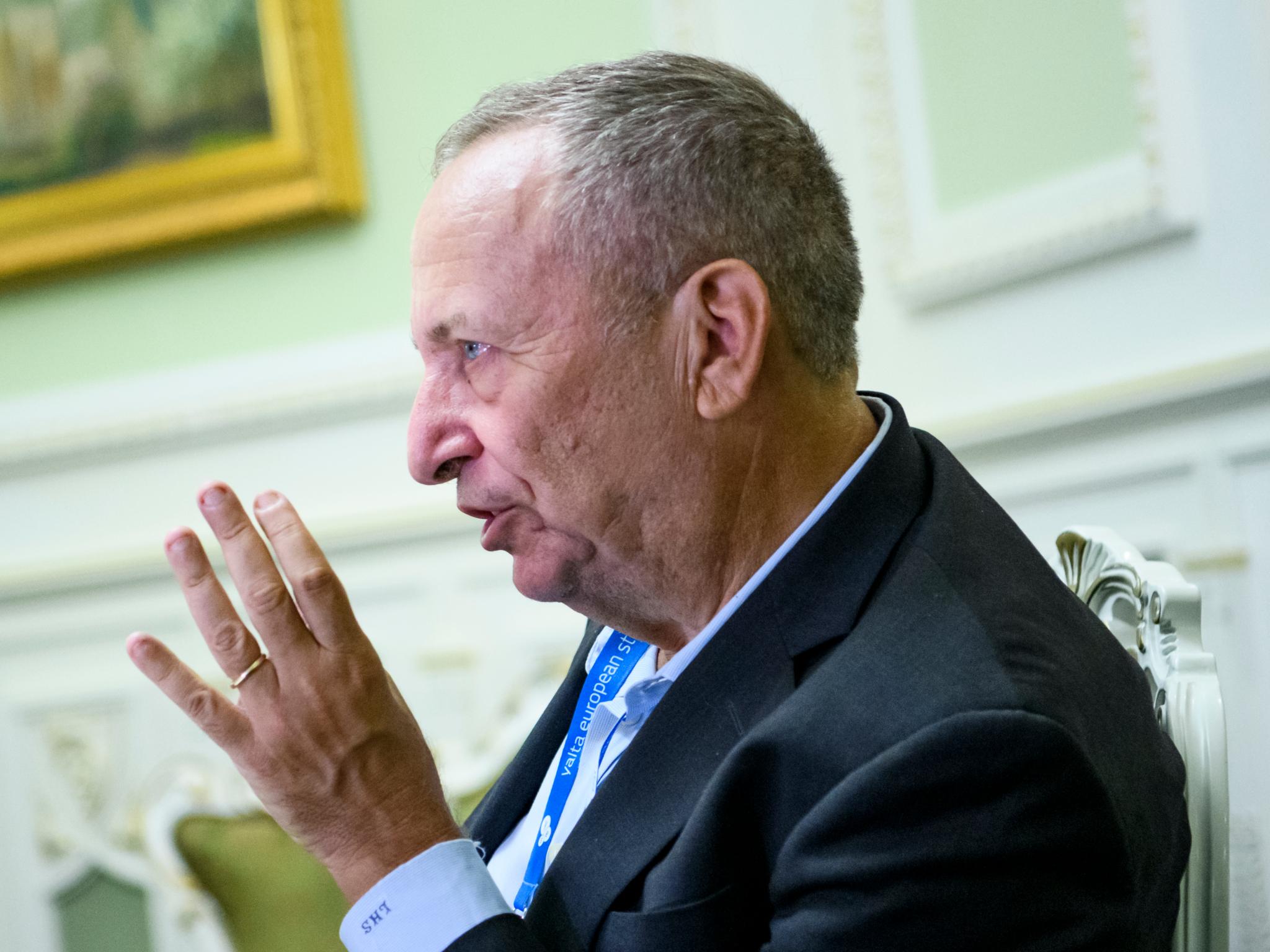
Former Treasury Secretary Lawrence H. Summers has expressed his concerns over the decision of OPEC+ after the alliance reduced its output by 2 million barrels per day, a decision that has not gone well with the Biden administration.
“This is not good news from OPEC. It increases the risks with respect to inflation and recession. The sense that Saudi Arabia is in collaboration of some kind with Russia, can't be a happy one for Americans,” Summers tweeted about his interaction on CNN.
Tonight w @wolfblitzer @CNNSitRoom: This is not good news from OPEC. It increase the risks with respect to inflation and recession. The sense that Saudi Arabia is in collaboration of some kind with Russia, can't be a happy one for Americans. https://t.co/qtGIwuPdHT
— Lawrence H. Summers (@LHSummers) October 7, 2022
Also Read: The Best Oil ETFs
On Dependence: Summers, the President Emeritus at Harvard, also stressed the importance of reducing dependence on unstable and problematic parts of the world for America’s energy needs.
“The way we have to think about this is not managing w a fire drill every time we have an oil price problem but reducing our fundamental dependence on unstable & problematic parts of the world for our energy," he said, adding that this means Sen. Joe Manchin's (D-WV) permitting bill needed to move quickly.
Price Action: Oil prices have risen following the OPEC+ decision to trim output. The United States Brent Oil Fund (NYSE: BNO) gained over 10% in the last five days, while the Vanguard Energy Index Fund ETF (NYSE: VDE) rose over 14% in the same period.
The alliance’s decision has led to the "NOPEC" bill gaining momentum in the United States. If the bill is passed by both chambers of Congress and signed by President Joe Biden, it would change U.S. antitrust law to revoke the sovereign immunity that has so far protected OPEC+ members and their national oil companies from lawsuits, reported Reuters.
On Recession: Summers also said a recession is possible in the next year or 18 months. "That is the consequence of the excesses that the economy has been through. Historical experience suggests that the kind of inflation we have rarely returns to normal levels, the target levels of around 2% without some kind of recession,” Summers said on CNN.
Read Next: Larry Summers 'Glad' IMF Recognizes 'Gravity' Of British Situation: Here's His Take On Inflation







